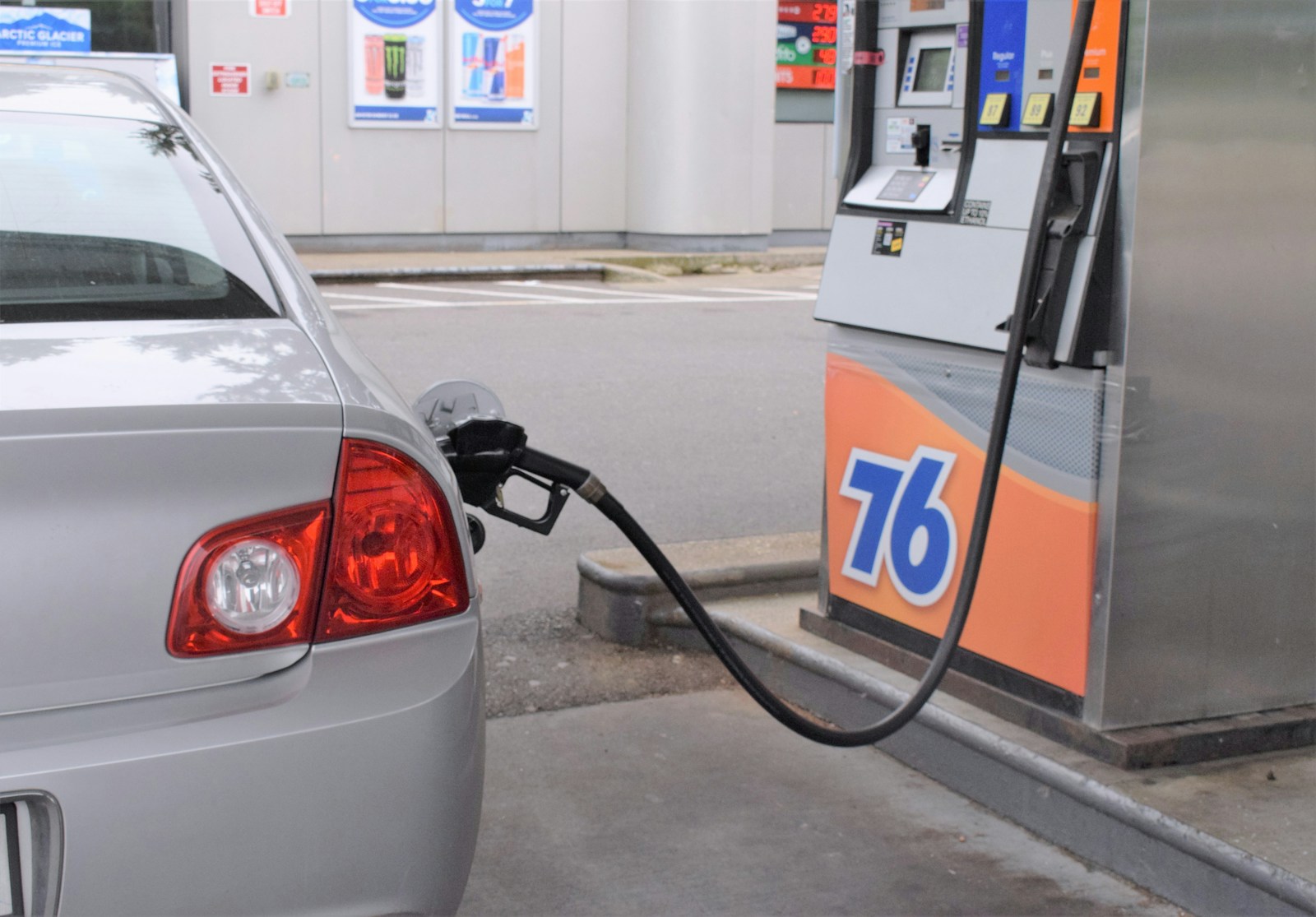PIL filed before the Supreme Court against 20 percent ethanol-blended petrol

Introduction
A public interest litigation filed by Advocate Akshay Malhotra calls in question the legality of obliging only sales of E20 from retail outlets without choice of ethanol-free and without uniform, prominent pump-side disclosure of ethanol content and car suitability, as the programme is defended as being in aid of import substitution, farm sector incomes, and reductions in emissions. The petition arose in early September 2025 before a bench presided over by the Chief Justice of India and follows rapidly escalating advances in blending, government clarifications on safety, warranty, and insurance, as well as rising consumer complaints of mileage damage to non-optimised vehicular stock.
Table of Contents
Issues Raised
The submission asks whether denial of an ethanol-free variant (E0) and inadequate labelling deprive consumers of the right to informed choice and create an unfair commercial practice under consumer law when performance and interchangeability for a large legacy fleet are influenced by a significant characteristic, a minimum of 20% ethanol content, and the change affects performance. Having gone on to question whether change satisfied procedural fairness, adequate consultation, education of the public, and phased protection, the submission finally attacks price fairness as redress since the lower cost blend stock has not facilitated equally proportional reductions in pump prices while potential wear and service costs rise for fleet owners who are not optimised.
Appellant’s arguments
The petitioner contends that millions of vehicles designed for E10 or earlier fuel specifications face disproportionate burdens when compelled to use E20 without clear labelling, compatibility guidance, or an E0 fallback, undermining the statutory right to be informed and to choose among suitable goods. Reliefs sought include: ensuring availability of E0 alongside E20 nationwide, mandatory and conspicuous dispenser labelling of ethanol percentage, model year-based compatibility advisories at point of sale, and a time-bound independent study to quantify mileage and durability effects in legacy fleets, to calibrate any further policy steps.
Respondent’s arguments
The Union highlights E20’s relevance to climate targets, reductions in crude oil imports, and improved farmer’s income, pointing out that the E20 plan was made available years ahead to facilitate technological adaptation throughout the value chain. Government and industry pronouncements state that E20 is safe, warranties and insurances are still in effect, and efficiency losses are marginal, approximately 1–2% for cars optimised for E10 and tuned for E20 use, and in others, 3–6%, with additional mitigation through engine fine-tuning as well as E20-suitable materials. Industry associations have gone on record that OEM warranties will still hold good for auto’s running on retail E20, while advising that in-use, out-of-production models will still inevitably need frequent replacement parts under servicing.
Judgment
No final ruling has been made; the case is slated for hearing on September 1, 2025, in front of a bench under the leadership of the Chief Justice of India, illustrating judicial interest in balancing targeted consumer protection against the state’s energy security and environment program architecture.
Analysis
The controversy turns on proportionality and transition design rather than on a binary choice for or against ethanol blending. Government acknowledgements of measurable, if limited, efficiency impacts in non-optimised vehicles bolster the case for minimally invasive consumer safeguards, standardised pump labelling of ethanol content, compatibility notices keyed to make model year, and a public-facing tool for quick verification, without undermining blending objectives or supply chains already scaled to near target levels.
A time-bound, independent assessment of real-world efficiency and wear across representative legacy cohorts would allow evidence-based calibration of remedies, potentially including targeted E0 availability in sensitive use cases or geographies during a finite transition window, alongside strict monitoring of warranty and insurance adherence by OEMs and insurers. Comparative practice effectively supports coexistence and transparency: multiple blends with clear labelling and compatibility guidance have enabled orderly transitions elsewhere, suggesting a likely judicial trajectory toward informational remedies and narrowly tailored consumer choice rather than a wholesale rollback of the E20 mandate.
By entering the email address you agree to our Privacy Policy.